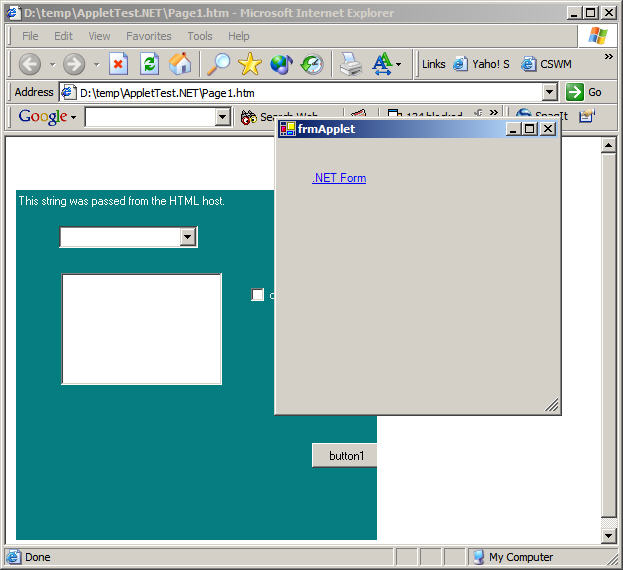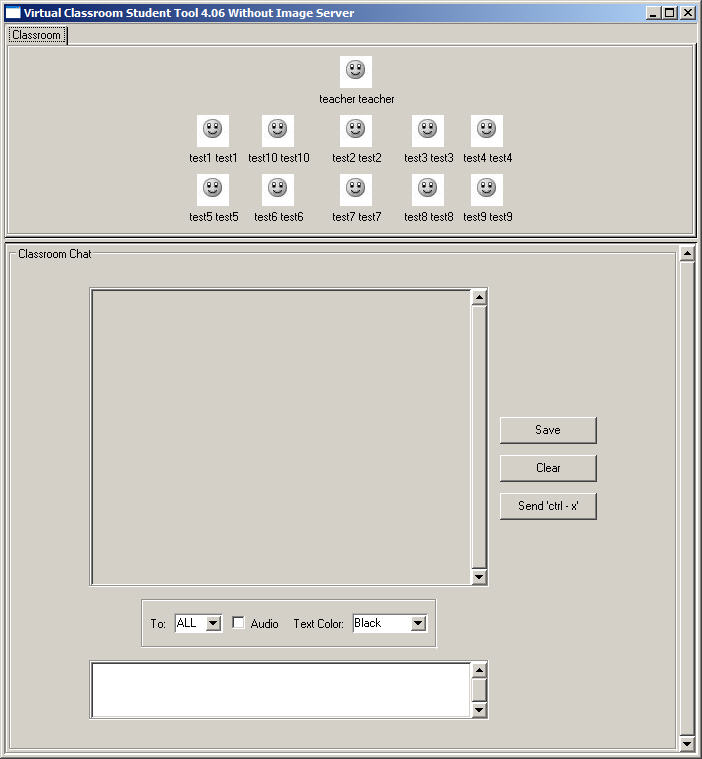- As we mentioned, J# can handle Java applications developed using the JDK 1.1.4
- Some types of applications were not included originally, but now they are available.
- They are described below :
- Applets
- The equivalent in J# are the J# Web Browser Controls (JSWBC)
- Run under Internet Explorer 5 or higher
- Currently only under Windows
- JSWBC are compiled as Class Libraries
- VS.NET 2003 can directly import Applet projects from Microsoft Visual J++ 6.0
- TagConvert.exe:
additional tool useful for converting the APPLET tag into the JSWBC equivalent:
- Original:
< APPLET style="LEFT: 0px; WIDTH: 361px; TOP: 0px; HEIGHT: 350px" height=350 width=361 code=AppletTest.class name=AppletTest>
<PARAM NAME="foreground" VALUE="FFFFFF">
…
- Converted:
< object style="LEFT: 0px; WIDTH: 361px; TOP: 0px; HEIGHT: 350px" height=350 width=361 CLASSID=" clsid:a399591c-0fd0-41f8-9d25- bd76f632415f " ID="AppletTest" VJSCODEBASE="bin/Debug/AppletTest.dll#AppletTest " >
<PARAM NAME="foreground" VALUE="FFFFFF">
…
- The latest version of JSWBC has scripting support
- A JSWBC has full access to the .NET framework
- You can see an example below showing a Windows .NET Form after pressing the button:

- Swing Applications
- Supported by way of the Supplemental UI Library not included originally in J#
- Initially available only for the academic community where they were demanding this feature
- In Visual Studio .NET 2005 you can also develop commercial applications using this supplemental library
- Supports “ … much of the functionality described in the Java 2 JFC Swing specification. It also adds support for much of the functionality found in the JDK 1.2 java.util package
- You can see a limited version of the current Virtual Classroom compiled with J# with minor code modifications:

|
|